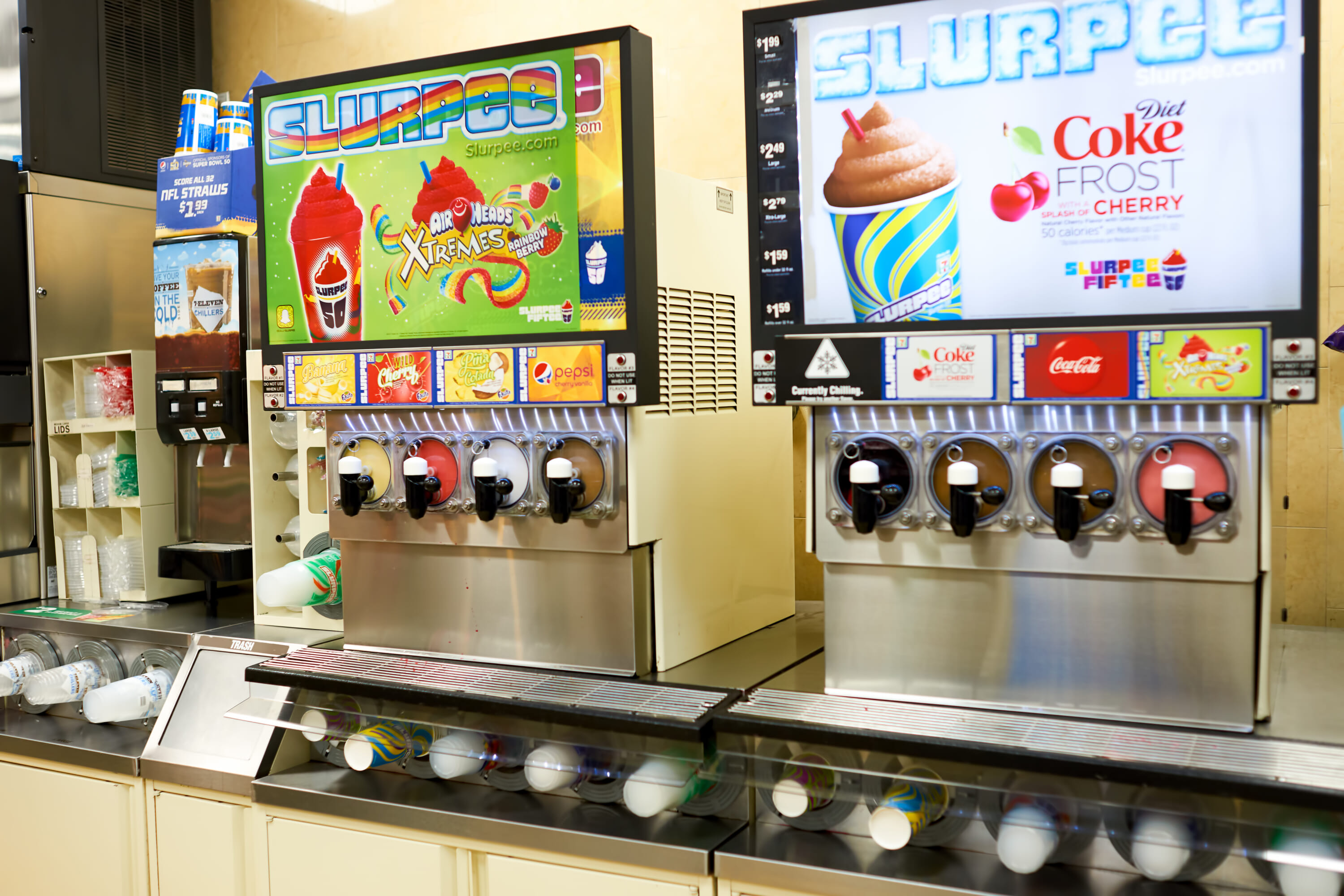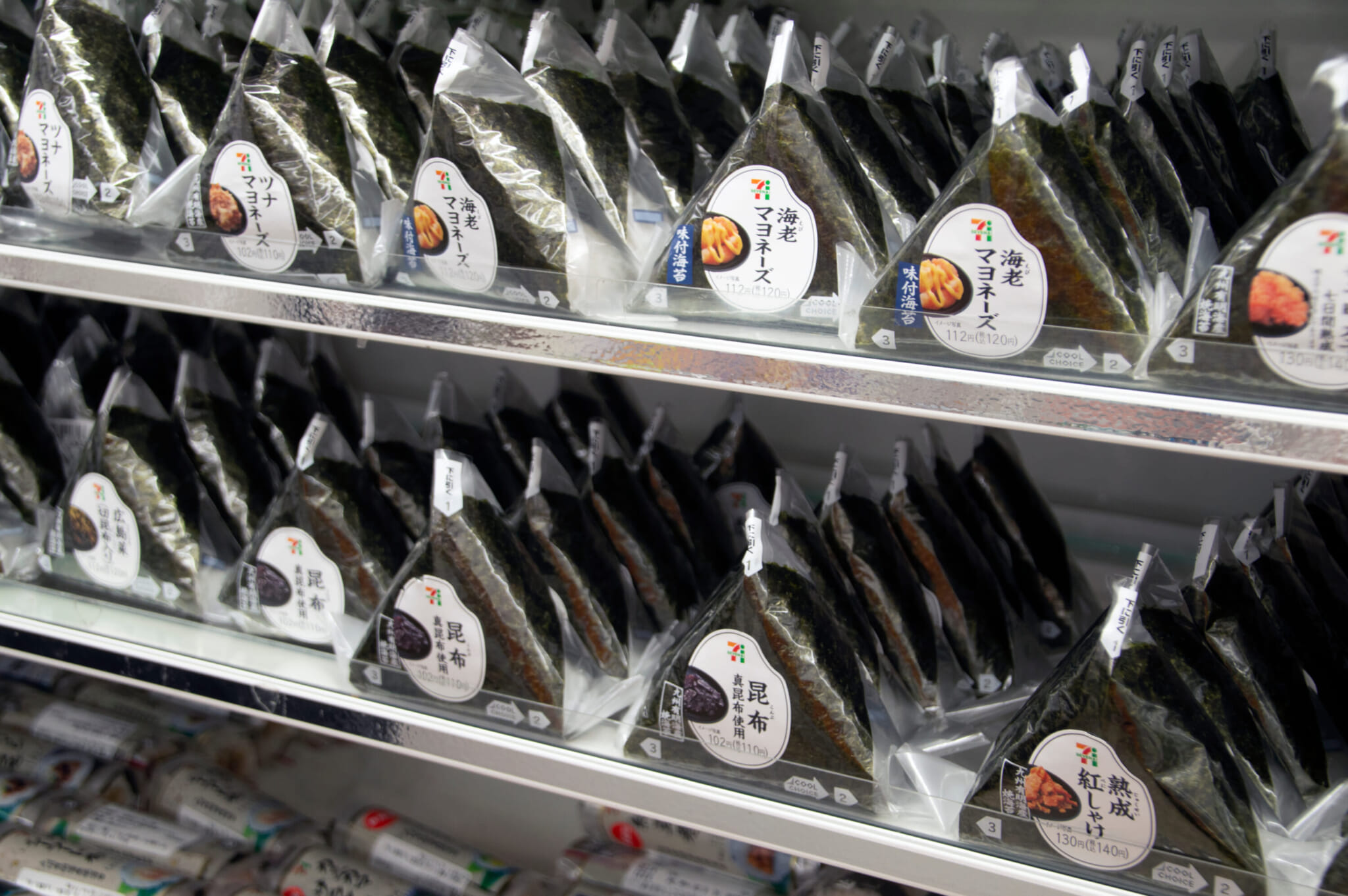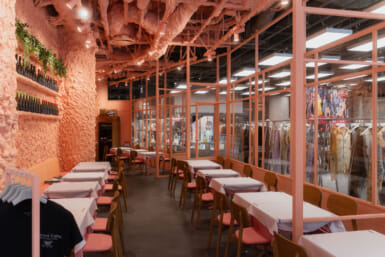Its egg salad sandwich is legendary. Then there’s the wide selection of onigiri, bento boxes and hot beverages to choose from. The karaage is also very popular, as is the instant Ippudo ramen. With so many appetizing options at affordable prices, it’s no wonder 7-Eleven convenience stores in Japan have become such a hit with tourists. According to several visitors from the United States, the 7-Eleven stores here, known for their high-quality fresh food items, are like night and day when compared with their counterparts back home. The situation, though, could be about to change.

Shift in Focus for U.S. 7-Eleven Stores
In the U.S., 7-Eleven stores will soon start shifting their focus more towards food and beverages and away from revenues that have historically made most of their money — like gas and cigarette sales — but are now declining. According to The Wall Street Journal, 7-Eleven stores in the States sold over $17 billion worth of food and drink last year, which was approximately 24% of its total sales. That included 153 million slurpees, 99 million slices of pizza and 315 million cups of coffee. Next year, the aim is to make one-third of its sales from store-brand goods, including food. That’s up from one quarter in 2022.
There will still be slurpees and hot dogs, but also some of the fresher items you see at stores in Japan. To achieve this, the company in the U.S. has formed a partnership with Warabeya Nichiyo Group, which develops and provides bento meals, onigiri, side dishes and other popular products to convenience stores in Japan. In a statement, 7-Eleven told Business Insider that the company was working with its partners in Japan to “introduce new items like chicken teriyaki rice balls, miso ramen and sweet chili crisp wings to U.S. customers.”
Founded in 1927 as an ice house storefront in Dallas, Texas, 7-Eleven has been wholly owned by the Tokyo-based retail conglomerate 7 & i Holdings since 2005.









